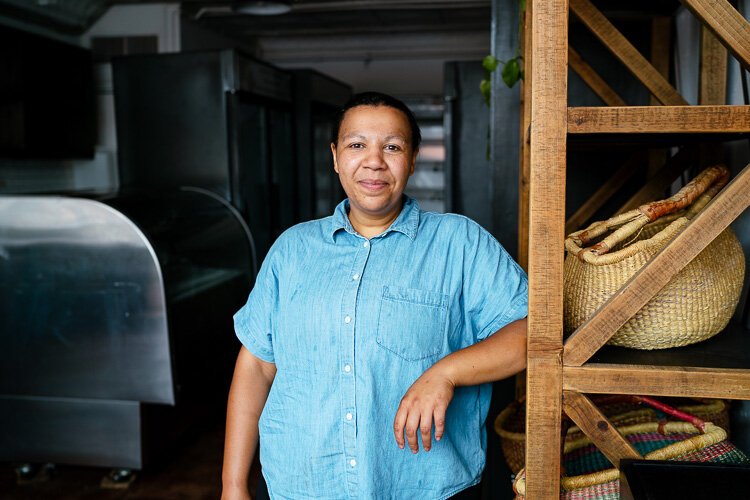As Detroit’s incinerator debate heats up, the future of recycling is discussed
With all the talk of green building, sustainable living, and
alternative fuel, burning trash seems so archaic. But, it’s done, right
off I-75. And as the incinerator’s future is debated, another future
issue is discussed – recycling. How about recycling as a business, for
profit? Or, wait, how about waste-to-energy facilities for the refuse?
These issues could be the future of Detroit’s trash, and these
industries could provide jobs and revenue.
With all the talk of green building, sustainable living, and alternative fuel, burning trash seems so archaic. But, it’s done, right off I-75. And as the incinerator’s future is debated, another future issue is discussed – recycling. How about recycling as a business, for profit? Or, wait, how about waste-to-energy facilities for the refuse? These issues could be the future of Detroit’s trash, and these industries could provide jobs and revenue.
Excerpt:
Several innovative programs are under way there, including efforts to start up a facility that will grind up Styrofoam — a material that otherwise has no value as a recyclable — and then mix it with cement to form lightweight panels with high insulation properties that can be used in construction.
For anti-incinerator activist Paul Connet, that kind of enterprise offers just one small example of what could be Detroit’s future. The way he sees it, with the amount of low-cost land available here, and the high quality of the area’s universities, it is easy to envision creation of a “recycling research institute” where professors and their students from a broad array of disciplines — from mechanical engineering to biology to architecture and more — could find new ways to reuse old materials and develop alternatives to other products that can’t be recycled.
In a way, being so far behind the recycling curve is an advantage. With others having blazed a trail, the city can avoid pitfalls already discovered, and make a giant leap forward.
Read the entire article here.




